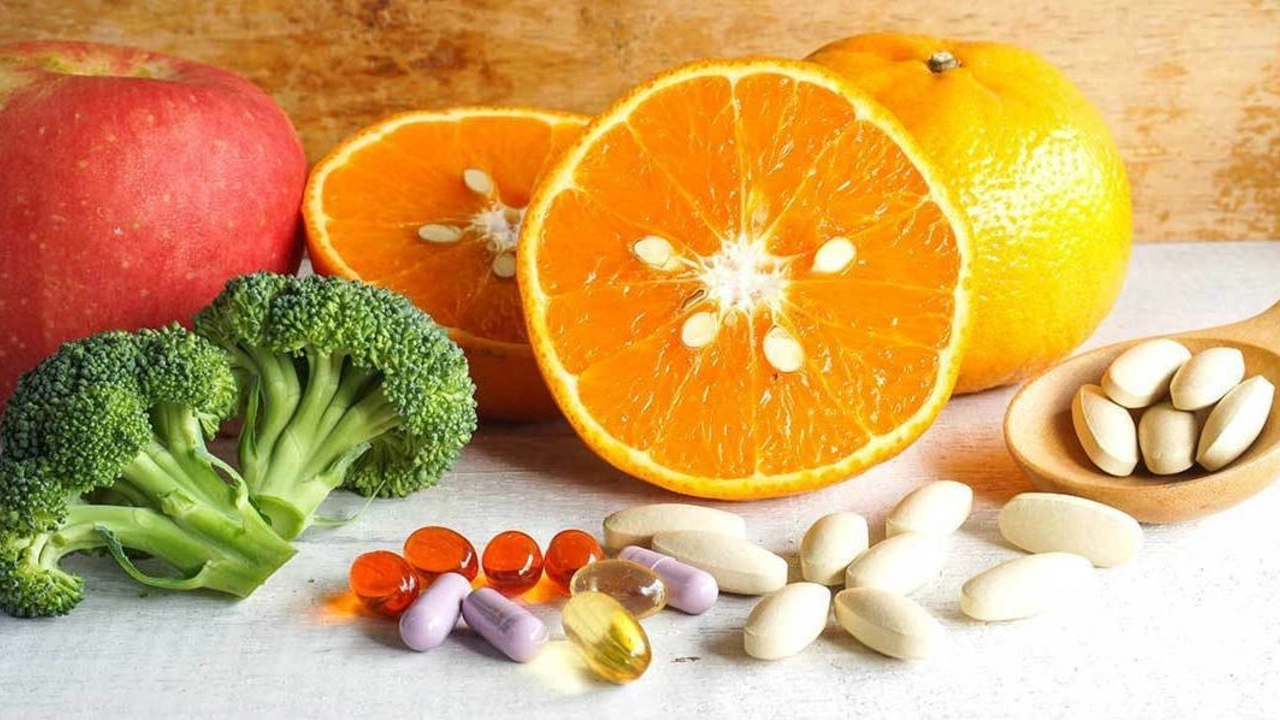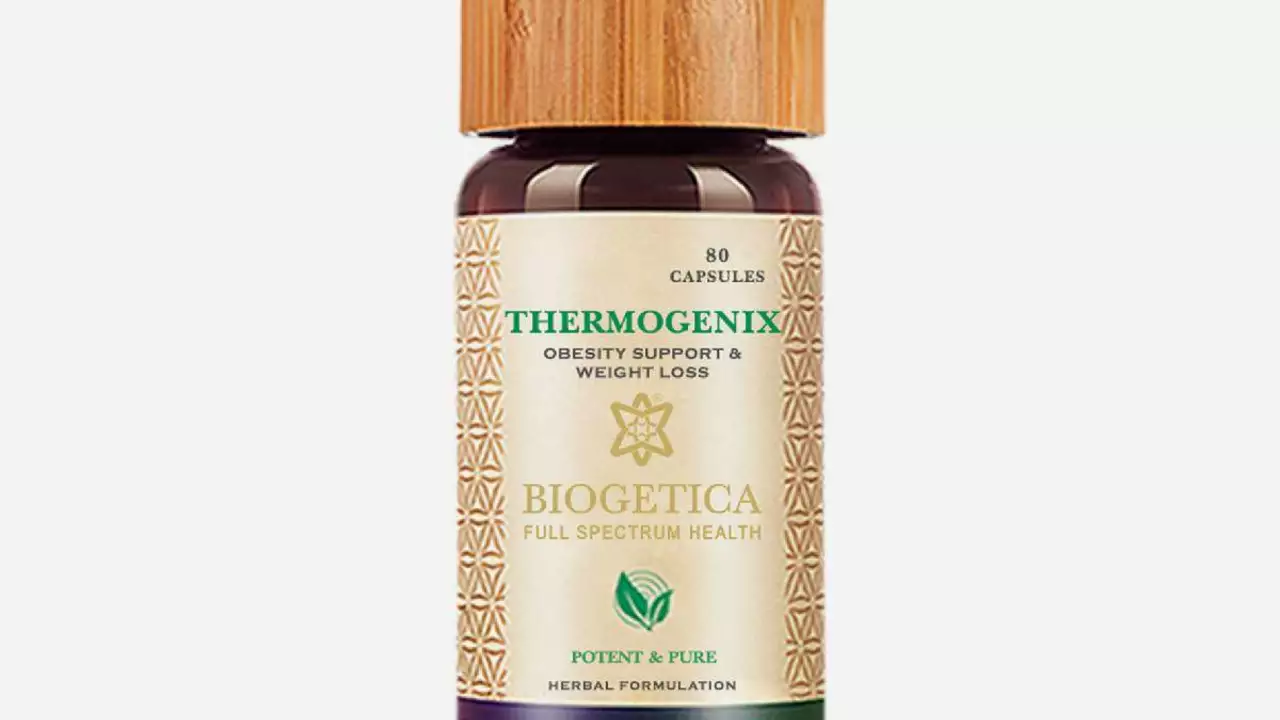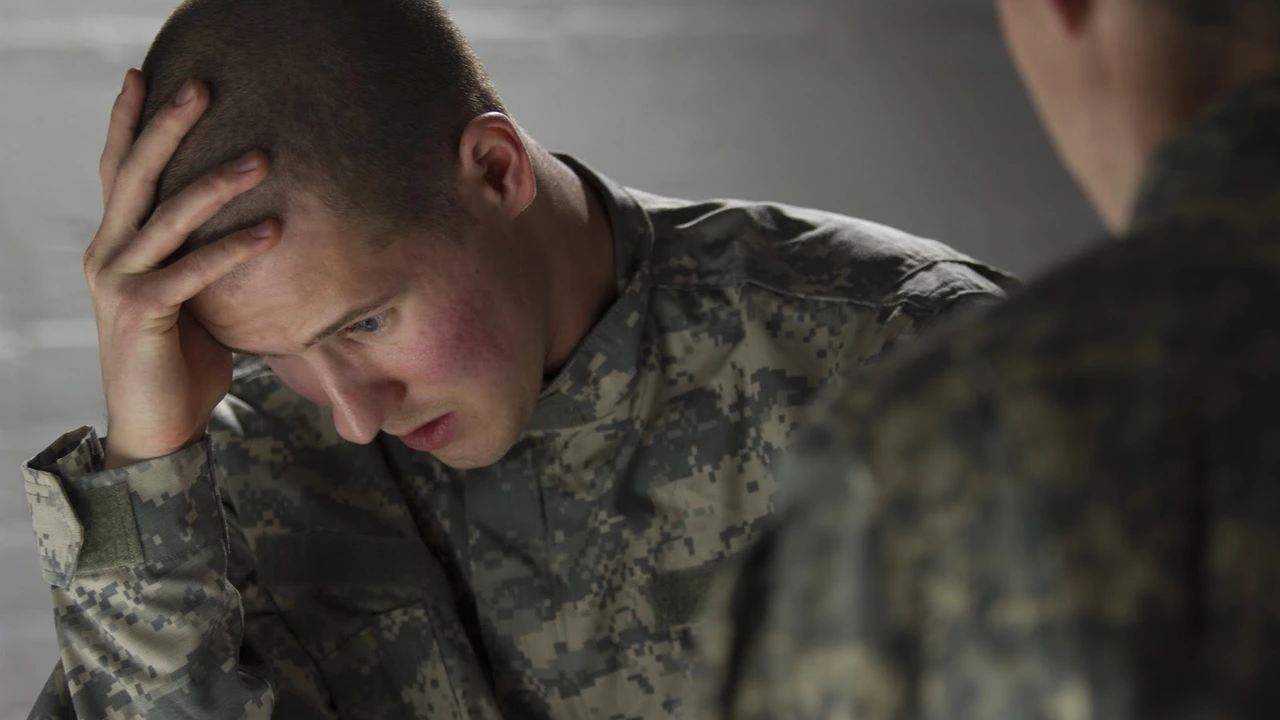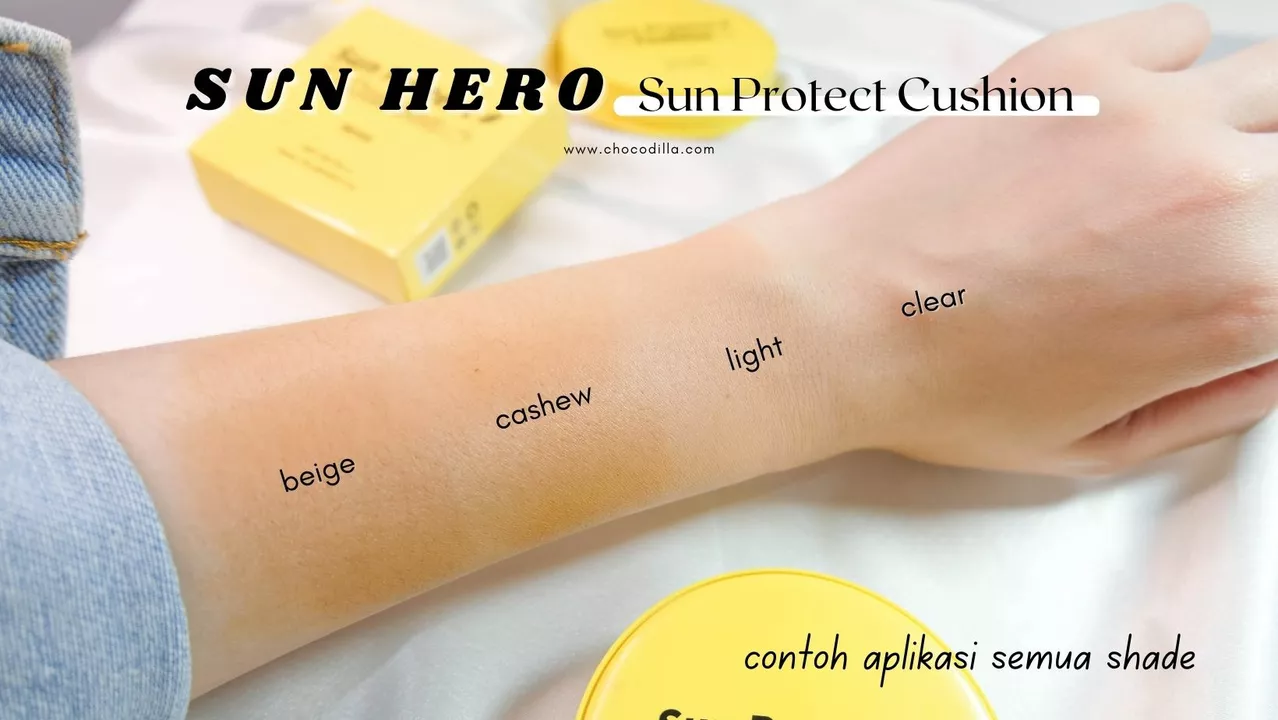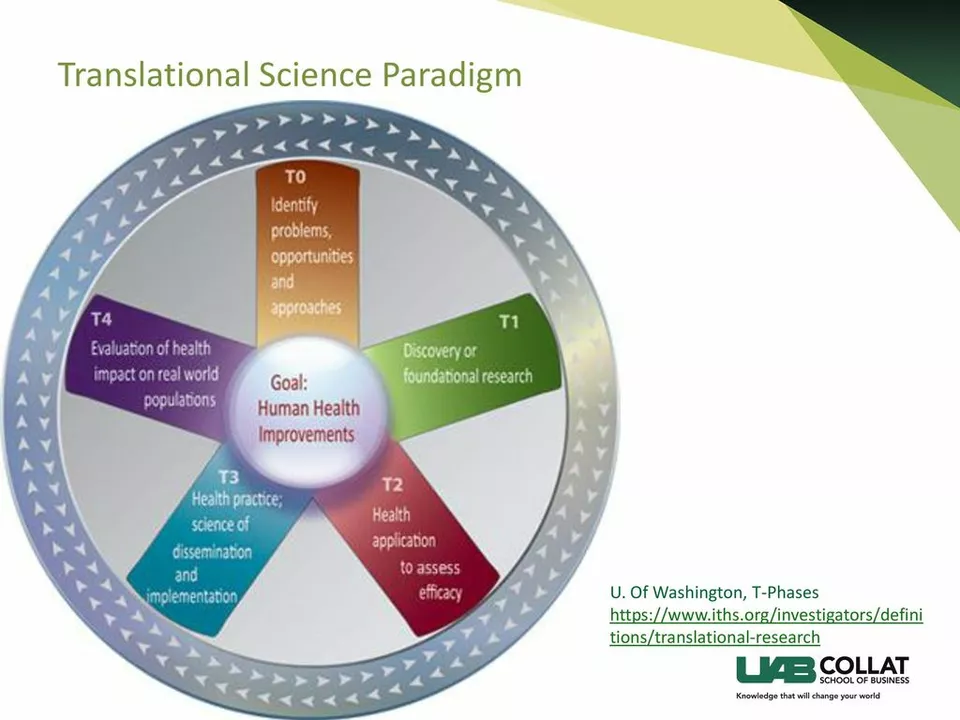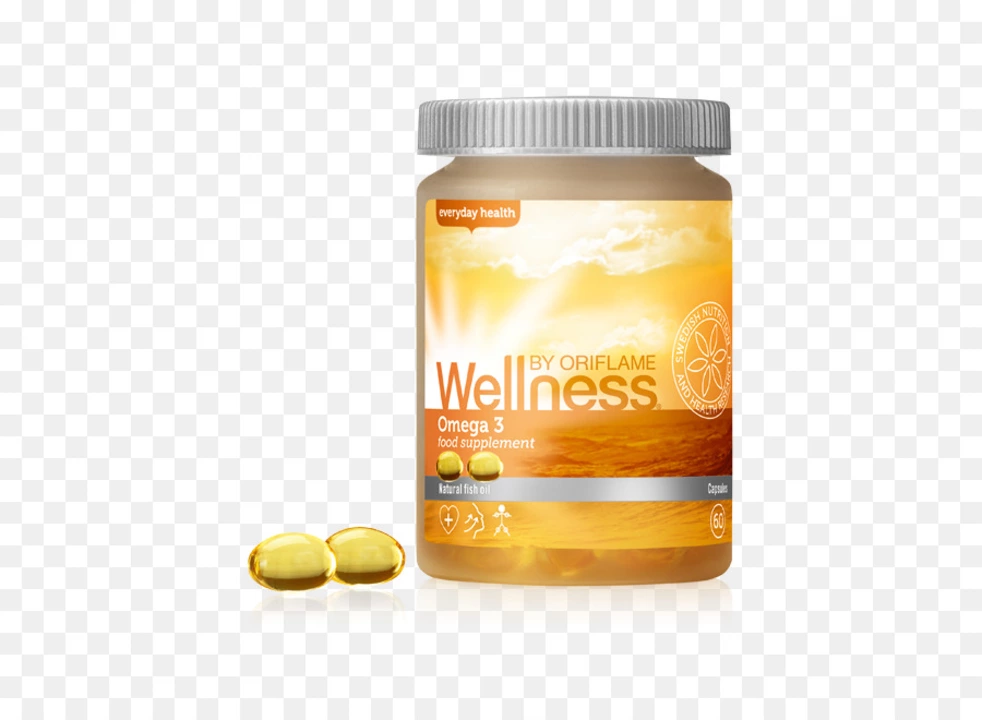June 2023 Health Archive — Supplements, Scar Care and PTSD Support
June brought short, practical posts about simple ways to boost health. You'll find clear advice on supplements like baobab, sarsaparilla, and zedoary, plus posts on scar care, PTSD peer support, and how exercise can help people taking allopurinol. Read quick takeaways and how to use each idea right away.
Baobab is highlighted as a nutrient-dense powder rich in vitamin C, fiber, calcium, and antioxidants. Try adding a teaspoon to yogurt or smoothies once daily to support digestion and immunity. If you’re on blood thinners or have specific conditions, check with your clinician before starting any new supplement.
Sarsaparilla gets a mention for its traditional use to support digestion and reduce inflammation. The post recommends looking for standardized extracts and starting with small doses to test tolerance. Use sarsaparilla as a short-term addition or talk with a pharmacist about interactions if you take multiple herbs or medications.
Scar care and sun protection
One post focuses on how sun exposure affects healing scars. The skin that’s healing is more likely to darken and form a noticeable scar when exposed to UV. Keep new scars covered and use a broad‑spectrum sunscreen with SPF 30 or higher once wounds have closed. Reapply sunscreen after sweating or swimming, and consider silicone gel sheets for older scars to improve texture and color.
For anyone recovering from trauma, peer support can make a big difference. The PTSD post explains that meeting people with similar experiences creates understanding, reduces isolation, and offers practical coping strategies. Look for local or online groups led by trained facilitators, and pair peer support with professional care when symptoms are severe.
Allopurinol and exercise
Finally, the archive includes a practical note on allopurinol for gout and how physical activity helps treatment outcomes. Regular moderate exercise supports weight control and circulation, which can reduce gout flares. Start with low‑impact activities like walking or swimming, aim for at least 150 minutes of moderate activity per week, and talk to your doctor about timing exercise around medication and flare-ups.
These short posts in June 2023 offer quick, usable tips you can try this week. Pick one change — like adding baobab to a smoothie or starting a short daily walk — and track how you feel for two to four weeks. If a supplement or new routine affects your medications or symptoms, stop and check with a healthcare professional.
Quick checklist to use what you read here right now: 1) Start with one small change — try baobab in a morning smoothie or add a 10‑minute walk after lunch. 2) Check safety — if you take prescriptions, ask your pharmacist whether a supplement could interact. 3) Track how you feel — jot down symptoms, sleep, and energy for two weeks. 4) Protect healing skin — use SPF 30+ and cover fresh scars. 5) Find peer support — search local groups or reputable online forums for PTSD peer meetings. Small steps add up fast.
If unsure, start a conversation with your primary care provider for personalized advice.

